Fitihat (ፍትሓት)
“Fitihat” in the Tigrian Orthodox Church is a solemn and traditional ceremony conducted to honor and pray for the deceased. This practice encompasses several specific rituals and holds deep spiritual and cultural significance.
The primary purpose of Fitihat is to pray for the soul of the deceased, seeking God’s mercy and peace for them in the afterlife. It also serves to honor the memory of the deceased and provide comfort to the grieving family and community.
Several rituals are involved in Fitihat. Special prayers and a requiem mass are conducted around the body of the deceased. These prayers, led by the clergy, are intended to intercede on behalf of the deceased’s soul. Incense is burned throughout the ceremony as a symbol of purification. The fragrant smoke is believed to carry the prayers of the faithful up to heaven, creating a sacred atmosphere. Passages from the Bible and other holy texts are read aloud, providing spiritual insights, comfort, and hope to the bereaved, while also commending the soul of the deceased to God. Traditional Tigrian Orthodox chants and hymns are sung, adding a solemn and reverent tone to the proceedings. Sometimes, a procession may take place, where the body is carried to the church and then to the burial site, accompanied by singing and prayers.
Fitihat ceremonies are believed to aid the soul of the deceased in their journey to the afterlife, seeking forgiveness for their sins and entrance into heaven. They also provide a way for the community to come together, offer support to the grieving family, and collectively pray for the deceased, reinforcing the bonds within the community and providing a shared sense of solace. Fitihat is a deeply rooted tradition in the Tigrian Orthodox Church, reflecting the community’s respect for the dead and the importance of spiritual rites. It is a testament to the enduring cultural and religious practices passed down through generations.
The Fitihat ceremonies are usually held soon after death, but they can also be performed at specific intervals, such as the 3rd, 7th, and 40th days after death, as well as on anniversaries. These subsequent ceremonies continue to honor the deceased and offer prayers for their soul.
In summary, Fitihat in the Tigrian Orthodox Church is a profound and comprehensive set of rituals dedicated to honoring the deceased, providing spiritual support, and ensuring the continuity of cultural and religious traditions.
“Fitihat” in the Ethiopian Orthodox Church is a solemn and traditional ceremony conducted to honor and pray for the deceased. This practice encompasses several specific rituals and holds deep spiritual and cultural significance.
The primary purpose of Fitihat is to pray for the soul of the deceased, seeking God’s mercy and peace for them in the afterlife. It also serves to honor the memory of the deceased and provide comfort to the grieving family and community.
Several rituals are involved in Fitihat. Special prayers and a requiem mass are conducted around the body of the deceased. These prayers, led by the clergy, are intended to intercede on behalf of the deceased’s soul. Incense is burned throughout the ceremony as a symbol of purification. The fragrant smoke is believed to carry the prayers of the faithful up to heaven, creating a sacred atmosphere. Passages from the Bible and other holy texts are read aloud, providing spiritual insights, comfort, and hope to the bereaved, while also commending the soul of the deceased to God. Traditional Ethiopian Orthodox chants and hymns are sung, adding a solemn and reverent tone to the proceedings. Sometimes, a procession may take place, where the body is carried to the church and then to the burial site, accompanied by singing and prayers.
Fitihat ceremonies are believed to aid the soul of the deceased in their journey to the afterlife, seeking forgiveness for their sins and entrance into heaven. They also provide a way for the community to come together, offer support to the grieving family, and collectively pray for the deceased, reinforcing the bonds within the community and providing a shared sense of solace. Fitihat is a deeply rooted tradition in the Ethiopian Orthodox Church, reflecting the community’s respect for the dead and the importance of spiritual rites. It is a testament to the enduring cultural and religious practices passed down through generations.
The Fitihat ceremonies are usually held soon after death, but they can also be performed at specific intervals, such as the 3rd, 7th, and 40th days after death, as well as on anniversaries. These subsequent ceremonies continue to honor the deceased and offer prayers for their soul.
In summary, Fitihat in the Ethiopian Orthodox Church is a profound and comprehensive set of rituals dedicated to honoring the deceased, providing spiritual support, and ensuring the continuity of cultural and religious traditions.

